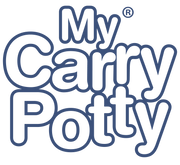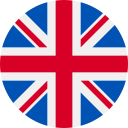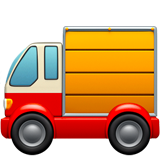As the parent of a young toddler, you've been able to celebrate a lot of milestones. First smiles. First steps. First words. However, separating fact from fiction isn't always easy where potty training is confirmed. Unfortunately, there are myths (and bad methods) out there that will sabotage your child's chances of successful potty training. Expert Amanda Jenner has listed 5 Myths about Potty Training that you still probably believe.
MYTH 1: BOYS ARE HARDER TO TRAIN THAN GIRLS
This is one of the most common and oldest potty training myths. It doesn't matter if you are training a boy or a girl, the potty training experience and results should be the same. It's not any harder to potty train boys than it is girls. Many parents seem to complicate things with boys, however, boys should be potty trained the exact same way like girls.
MYTH 2: A CHILD MUST BE “READY” BEFORE THEY START POTTY TRAINING
Before disposables were invented in the 70’s, most babies in Western cultures started using a potty as soon as they could sit up. 47% of babies were out of nappies at 12 months and 83% were fully potty trained by 18 months. This suggests that children are capable of potty training from around 18 months and that the best time to ditch nappies is between 18-30m. Many parents wait much later than that but there is no need. Save yourself money and stop buying diapers and just get potty training done with! After all, we approach learning other skills gradually – so why not potty skills?
MYTH 3: EARLY POTTY TRAINING CAUSES CONSTIPATION & PSYCHOLOGICAL DAMAGE
It is the way a child is potty trained that counts, not how soon you start. Using a gentle approach that works at your child’s own pace does not cause these problems. When done gently and in response to a child's natural instincts, infants can be potty trained by 12 months with no reported side effects and can potty independently by 24 months.
MYTH 4: PULL-UPS HELP POTTY TRAINING
Nope. Pull-up type training pants are basically nappies, with a little different design and a very clever marketing campaign. Many parents like the idea of pulls ups as a way to avoid messy accidents at the start of potty training. However, because pull-ups feel dry when wet and in all other ways are exactly like disposable nappies, they do not help the potty training process.
MYTH 5: IF YOU BEGIN POTTY TRAINING LATER, IT WILL BE DONE FASTER
Potty training after age 3 is shown to increase the risk of wetting and soiling problems developing. However, be careful, as trying to toilet train a child too early may feel like too much pressure for a young toddler and can cause them to regress and delay their potty training. Instead of forcing it, look for cues that your toddler is ready.






